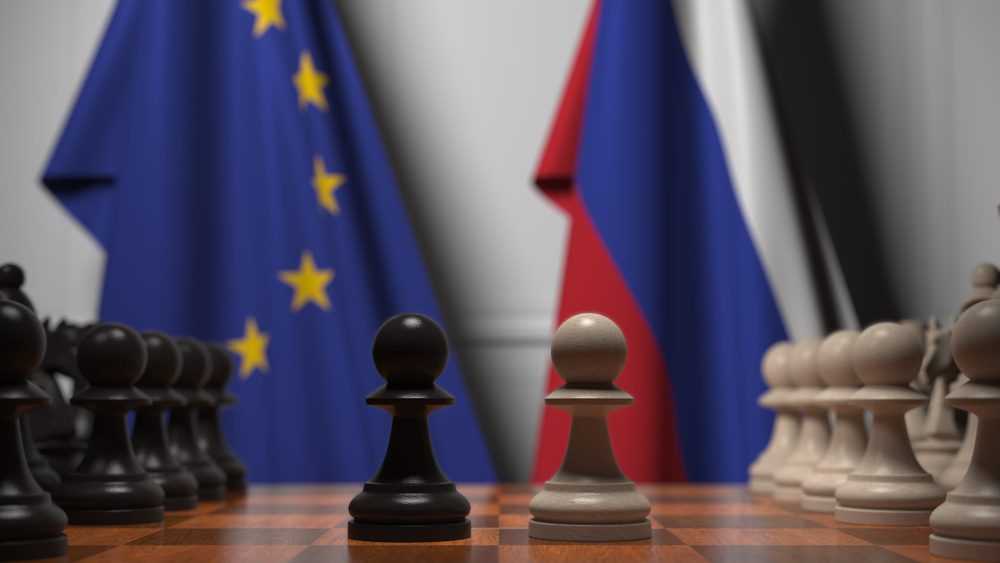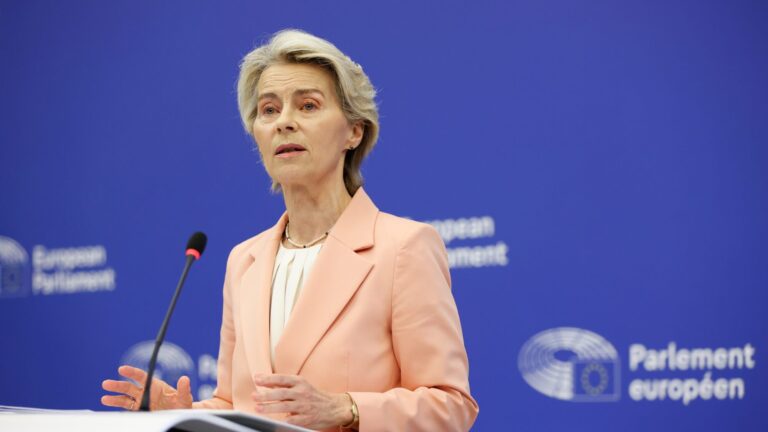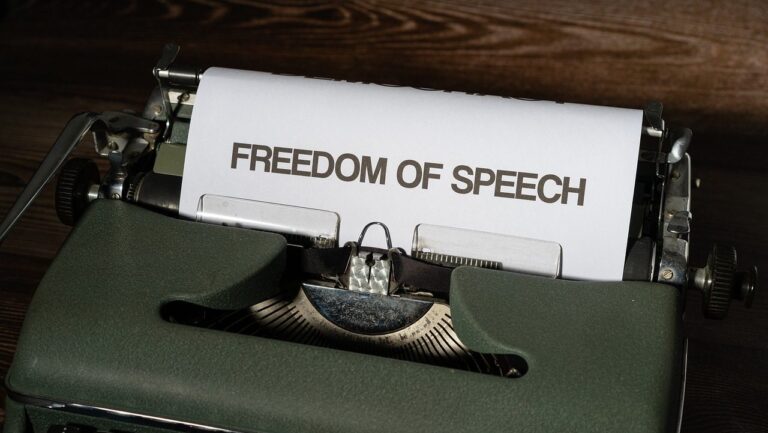The European Commission unveiled its proposal for the 11th sanction package against Russia on Friday, May 5th, this time focusing not on products or oligarchs but instead targeting third countries that are deemed complicit in Moscow’s sanction-evasion practices, Politico reported.
Among smaller states, regional and global players such as China, Turkey, Iran, and Kazakhstan are also on the EU’s hit list, as they are accused by Brussels of providing Putin’s war machine with income and equipment—by reselling Russian goods to Western markets and selling sanctioned, European high-tech parts to Russia.
Third country-assisted sanction evasion is viewed by Brussels as the primary reason previous packages did not live up to the expectations, enabling Moscow to finance its war efforts for at least another year, as per the estimate of the leaked Pentagon papers.
“Those willing to make a profit, regardless of legal or moral circumstances, are ingenious in their tactics and methods,” the EU’s sanctions enforcer David O’Sullivan said back in March, adding that any proposal to improve the enforcement of EU sanctions “is certainly welcomed.”
The proposal sees two flexible annexes to list both countries and products under the envisioned sanctions regime, creating legal grounds to penalize selected companies and governments separately.
Albeit not as tough as the U.S. extraterritorial sanctions, this proposal within the framework of the 11th sanctions package is still an unusually bold move from Brussels. Of course, in order to get member states to subscribe to it, certain restrictions had to be put in place, such as making sure each of them retains the actual decision to sanction a third country separately.
However, this may still not be enough for the package to pass the interinstitutional negotiations. For one, the measure would only work if most member states are ready to implement it in unity, to save time and embarrassment. This is why some diplomats have been warning that Europe “should be sure to follow through” with such threats before making them, doubting that the package would be agreed on this week as the Commission would hope for.
Another great concern voiced by multiple diplomats is the potential retaliation of several countries on the proposed sanctions list. In particular, as some of them pointed out, China and Turkey have too many cards up their sleeves for the EU not to think twice before crossing them. While the former’s giant economy would be hard to hurt in the first place, the latter is more sensitive. Ankara is an important player in NATO, and it holds the cards for extending the EU-Turkey 2016 migration deal after the upcoming Turkish elections.
Nonetheless, if agreed on, the plan could also be complemented later by a future EU “sanctions enforcement headquarters,” which was proposed back in February to coordinate the “use of the full strength of [the EU’s] collective economic strength and criminal justice system against those who assist in sanctions evasion.” For the time, however, the establishment of this body has been put on hold.





